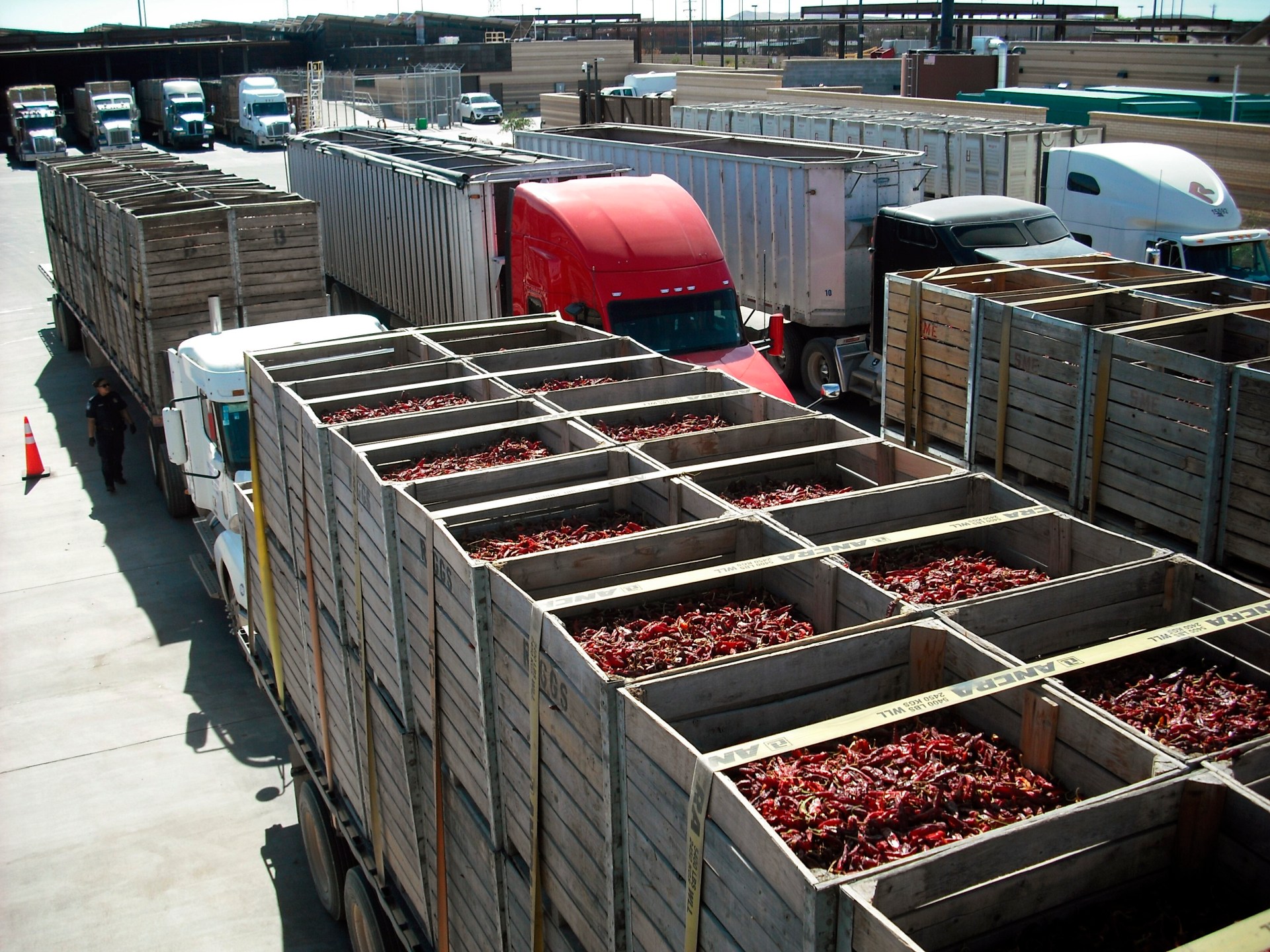The US tariffs that were threatened for exports from Mexico have been put on hold for a month-long pause, according to Mexico’s president Claudia Sheinbaum and her American counterpart Donald Trump.
On Monday, the day before the tariffs were scheduled to go into effect, both leaders posted confirmation of the agreement in social media posts. On the platform X, Sheinbaum wrote the first word about the pause.
She stated, “We had a good conversation with President Trump with a lot of respect for our relationship and sovereignty.”
She explained that Mexico would send 10,000 National Guard troops to its northern border to “prevent drug trafficking from Mexico to the United States” as a result of their discussion.
Sheinbaum added that the US was working to stop Mexico’s long-standing organized crime, which had long been exacerbated by organized crime there.
Trump followed with his own announcement, describing the conversation with Sheinbaum as “very friendly” and praising the deployment of Mexico’s National Guard.
“These soldiers will be specifically designated to stop the flow of fentanyl, and illegal migrants into our Country”, Trump wrote. He made no mention of US efforts to stop the flow of firearms to Mexico.
Trump’s plan for a global trade war is stalled by the tariff pause, at least temporarily.
Trump campaigned heavily for higher tariffs on imported goods from other countries as a means of strengthening the US economy during his re-election bid in 2024.
After his victory in November, he unveiled a proposal for 25-percent tariffs on Mexico and Canada, two of the US’s top trading partners. He argued that the harsh measures were necessary to stop drug trafficking and illegal immigration across US borders.
However, according to economists, the tariffs could serve as the start of a potential trade war that could hurt US and international consumers.
Looming trade war
Monday’s announcement, however, only delays one of the tariffs set to start on Tuesday.
Trump indicated he would speak with Canadian Prime Minister Justin Trudeau later on Monday, but the country is still subject to 25% tariffs. Trump has also pledged to impose tariff increases on China of 10%.
However, the threat of import taxes on foreign goods has sparked a brinkmanship political conflict between the nations.
Mexico has been announcing it will retaliate against the US for weeks, but it has not provided specifics.
Canada, meanwhile, has been much more explicit with how it would respond to Trump’s promised tariffs. Justin Trudeau, president, announced that his nation would impose 25 percent retaliatory tariffs on US imports worth $105 billion.
“I want to speak directly to Americans”, Trudeau said on Saturday. “This is a choice that, yes, will harm Canadians, but beyond that, it will have real consequences for you, the American people. Your jobs will be in danger if you pay tariffs on Canada, as I have repeatedly stated.
Important exports from states where Trump voters are attracted to a large portion of the country’s products were included in his government’s list of 1, 256 US products that would be tariff-free. They include oranges from Florida, bourbon from Kentucky and motorcycles made in Pennsylvania.
Tariff risks
Mexico, Canada, and the US have deep ties, with the auto and agricultural sectors likely to suffer the most from a trade war. Experts have been repeatedly warned that US consumers will eventually experience price increases.
Trump himself, in a post on Truth Social, acknowledged there could be domestic blowback to the plan. Trump’s administration has generally defined tariffs as a tool in his hardline negotiation strategy. Trump has also said such tariffs are needed to jump-start US industries.
“Will there be some pain? Yes, maybe (and maybe not! )”, Trump posted in all capital letters on Sunday.
However, “We will make America great again, and it will all be worth the cost.”
Trump claimed in a subsequent post that if it ceded its sovereignty and become “our Cherished 51st State,” it could avoid US tariffs.
Trump campaigned for lowering the cost of basic consumer goods and strengthening US industries in the run-up to his second term.
However, experts frequently make the point that higher prices frequently result in higher prices for consumers, which in turn are often offset by higher prices.
Monday’s month-long pause on tariffs with Mexico buys authorities in that country time to negotiate.
Al Jazeera correspondent John Holman reported from Mexico City, explaining how officials are likely to argue that tariffs will harm US businesses, workers, and consumers as well.
“It’s obvious that, in that relationship, Mexico is the junior partner, but Canada, Mexico, the United States have been integrated now for about 30 years”, Holman said.
“There are supply chains in Mexico with auto manufacturing, with fruit and vegetables — about three-quarters of US vegetables actually come from Mexico — that aren’t so easily unpicked”, he said.
Holman continued, adding that Sheinbaum will make an effort to appeal to Trump’s other priorities, such as halting China’s expanding global influence.
He added, “She will try to convey the message that we should be working together to protect our region from competition from places like China.”
Trump made fun of the fact that additional Mexican negotiations were on the horizon.
Source: Aljazeera

Leave a Reply